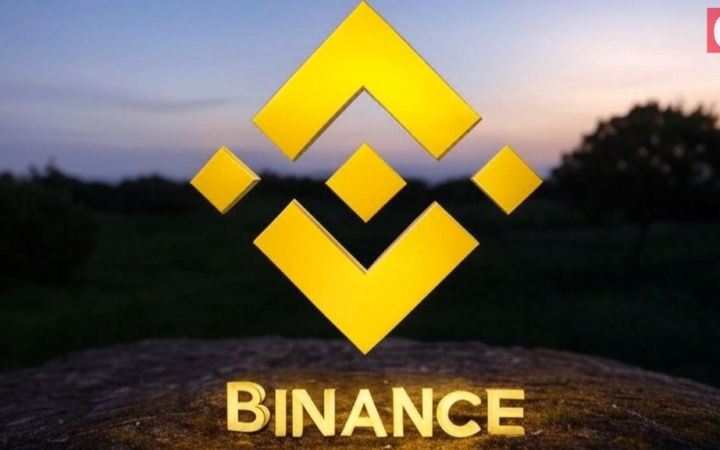
Explained: The Technology Behind Bitcoin
A prevalent term in today’s age is one related to a technological advancement that transforms the basic pillars of society. This technology has the strength to influence the way our economy, governance systems, and businesses operate. It could revolutionize our conceptual interpretation of trade, ownership, and trust.
With the Betway South Africa mobile app becoming more popular, the number is going to rise further. Betway, if you didn’t know, allows you to bet on your favorite sports, online.
We’re talking about Blockchain, that is the soul of cryptocurrencies such as Bitcoin. Through this article, we will educate you about the basics of Bitcoin and the technology behind it.
What is Bitcoin?
The first application of Blockchain technology is Bitcoin, the popular cryptocurrency. People often think of Bitcoin as virtual money but on closer inspection, you’ll see that the monetary aspect is only the tip of the iceberg. Money is merely one of the possible applications for
Bitcoin.
How Does it Work?
Money exists to facilitate trade. There’s no denying that through the centuries trade has become incredibly complex. We use third parties or middlemen to facilitate or approve our transactions. These transactions are then recorded in bookkeeping and isolated from the public. Some of the trusted third parties are:
- Notaries
- Banks
- Government
- Accountants
- Paper Money
Bitcoin software allows a network of computers to maintain a single, distributed ledger over the Internet. This bookkeeping is neither closed nor in control of a single party rather it is public and accessible through one digital ledger. This brings us to the essence of Bitcoin; the Blockchain.
What is Blockchain?
Think of it as a logbook of every single transaction including information on the time, date, participant and amount. Every node in the network owns a complete copy of the blockchain. “Bitcoin Miners” update these ledgers and ensure the verification of transactions using this technology.
Can You Trust Blockchain?
To ensure secure transactions, every node must agree with the other about the ledger’s current state including every transaction. If anyone makes a corrupt transaction, the nodes will not arrive at an agreement. Hence, the blockchain remains unaffected and the transaction deemed invalid. It’s almost as if there is a notary present at every single transaction.
Through blockchain, everyone has access to a mutual, solitary source of truth. For this reason, we can always trust the blockchain. The ledger doesn’t care whether a Bitcoin represents a certain amount of dollars or any other asset. The users are in control of what a unit of Bitcoin represents for them.
A bitcoin is divisible in a hundred billion units, each of which is singularly identifiable and programmable.
- 1 Bitcoin = 1,000,000 units
Bitcoin can represent a dollar or a share in a company or a digital certificate as a matter of fact. The programmable, open character of bitcoin allows us to completely rebuild and innovate our finances.
Disclaimer: This publication is sponsored. Coinspeaker does not endorse or assume responsibility for the content, accuracy, quality, advertising, products, or other materials on this web page. Readers are advised to conduct their own research before engaging with any company mentioned. Please note that the featured information is not intended as, and shall not be understood or construed as legal, tax, investment, financial, or other advice. Nothing contained on this web page constitutes a solicitation, recommendation, endorsement, or offer by Coinspeaker or any third party service provider to buy or sell any cryptoassets or other financial instruments. Crypto assets are a high-risk investment. You should consider whether you understand the possibility of losing money due to leverage. None of the material should be considered as investment advice. Coinspeaker shall not be held liable, directly or indirectly, for any damages or losses arising from the use or reliance on any content, goods, or services featured on this web page.




